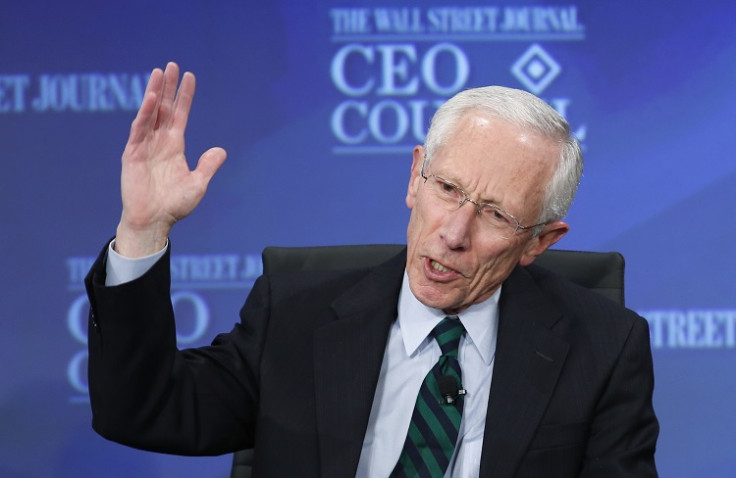Stanley Fischer Profile: The Man Who Could Be Number Two at the Fed

Stanley Fischer is a renowned economist who could become one of the most powerful central bankers in the world if he becomes the Vice Chairman of the Federal Reserve.
Following a number of reports about his popularity with the White House, IBTimes UK decided to take a look at this familiar face to the world of finance and economics.
Name:
Stanley Fischer
Age:
70
Nationality:
Israel, United States.
Education:
1965- B.Sc. Economics, London School of Economics (LSE).
1966- M.Sc. Economics, London School of Economics (LSE)
1969- Ph.D. Massachusetts Institute of Technology (MIT).
Family History:
Fischer was born in Zambia in 1943. Later his family moved to Israel and later he completed his education in Britain and the United States. He is married with three children.
Current Position:
Fischer was Governor of the Bank of Israel from May 2005 until earlier this year. Since then he has been tipped to become the vice-chairman of the Federal Reserve if Janet Yellen becomes the new chief of the Fed.
New Position:
Fischer could become one of the most powerful central bankers in the world if he becomes second-in-command at the Fed.
Career Path:
Fischer was academic for the first half of his professional life and then served as a professional economist at a number of prestigious institutions including the World Bank and International Monetary Fund (IMF).
He was an assistant professor at the University of Chicago from 1970-1973 and then an assistant professor in the Department of Economics at MIT from 1973-1977.
Fischer later served as professor at MIT from 1977 until 1999.
He also held a number of visiting professorships at Israeli universities during the 1970s and 1980s.
In the second half of the 1980s, Fischer started his second life as a professional economist.
He was vice president of development economics and chief economist at the World Bank between January 1988 and August 1990, before serving as first deputy managing director of the IMF from 1994 until 2001.
From there he went into the private sector and held a number of positions at Citibank. He was vice chairman of Citigroup from February 2002 through April 2005, where he was also head of the public sector group from February 2004 to April 2005, chairman of the Country Risk Committee and president of Citigroup International.
Interestingly, he was also a mentor to Ben Bernanke and taught Mario Draghi, the president of the European Central Bank.
© Copyright IBTimes 2025. All rights reserved.






















